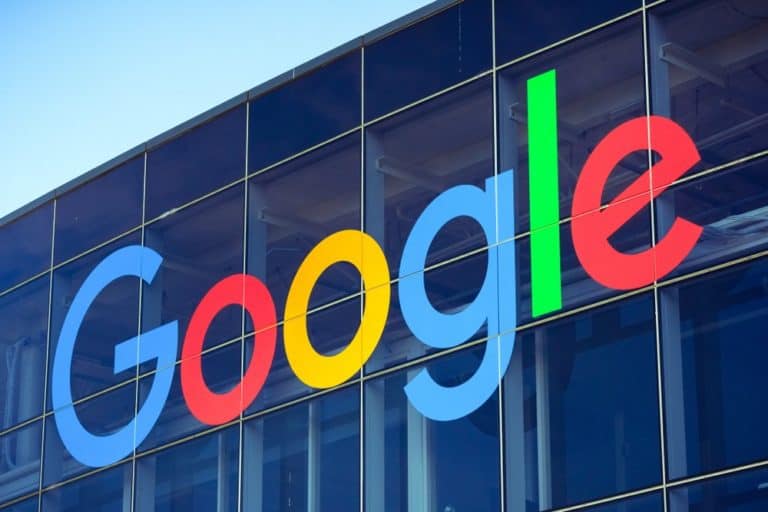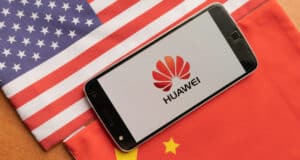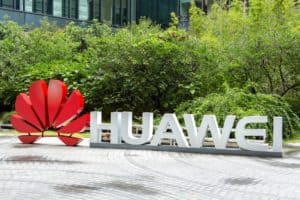Google is alerting the United States to the risks to national security that may result from the ban on Huawei. That’s three people who are briefed on the conversations with the Financial Times. Huawei has been on a blacklist since May, which means that it is not allowed to buy American-made products and services.
The ban was announced after negotiations on a trade agreement between the US and China collapsed, and after years of suspicion of espionage by the Chinese government through Huawei’s equipment. Google withdrew Huawei’s Android license shortly after the ban was announced. But the company would continue to do business with the Chinese manufacturer. Several large tech companies in America protested against the ban.
Two versions Android
Google itself is particularly concerned that it will not be allowed to update its Android operating system on Huawei phones. According to the Internet giant, this would lead to the Chinese company developing its own version of the software. Huawei has indeed already announced its own operating system to be ready soon, but it is not clear whether that is based on Android.
According to the internet giant, a modified version of Android would run a greater risk of hacking, the insiders tell us. “Google states that by forcing them to stop working with Huawei, the U.S. runs the risk of creating two versions of the Android operating system: a real version and a hybrid version. The hybrid variant probably has more errors than the Google version, so it could make Huawei phones more likely to be hacked, including by China,” says one of the sources.
Postponement or decision
The US has now reduced trade sanctions on Huawei for 90 days in order to limit disruptions to customers. In recent weeks, top people at Google have asked the Ministry of Commerce to extend this relaxation, or to exclude Google from the ban, say the insiders. In doing so, it joins groups representing major chip manufacturers such as Qualcomm, who also have concerns about the impact of the ban on their business.
The ministry says that it has routinely responded to questions about the scope of regulatory requirements, to “ensure compliance of the private industry”. Google itself says it has contacted the Ministry to “assure us that we are fully compliant with its requirements and a temporary license”.
“Our focus is on protecting the security of Google users on the millions of existing Huawei handsets in the U.S. and around the world.”
This news article was automatically translated from Dutch to give Techzine.eu a head start. All news articles after September 1, 2019 are written in native English and NOT translated. All our background stories are written in native English as well. For more information read our launch article.


















